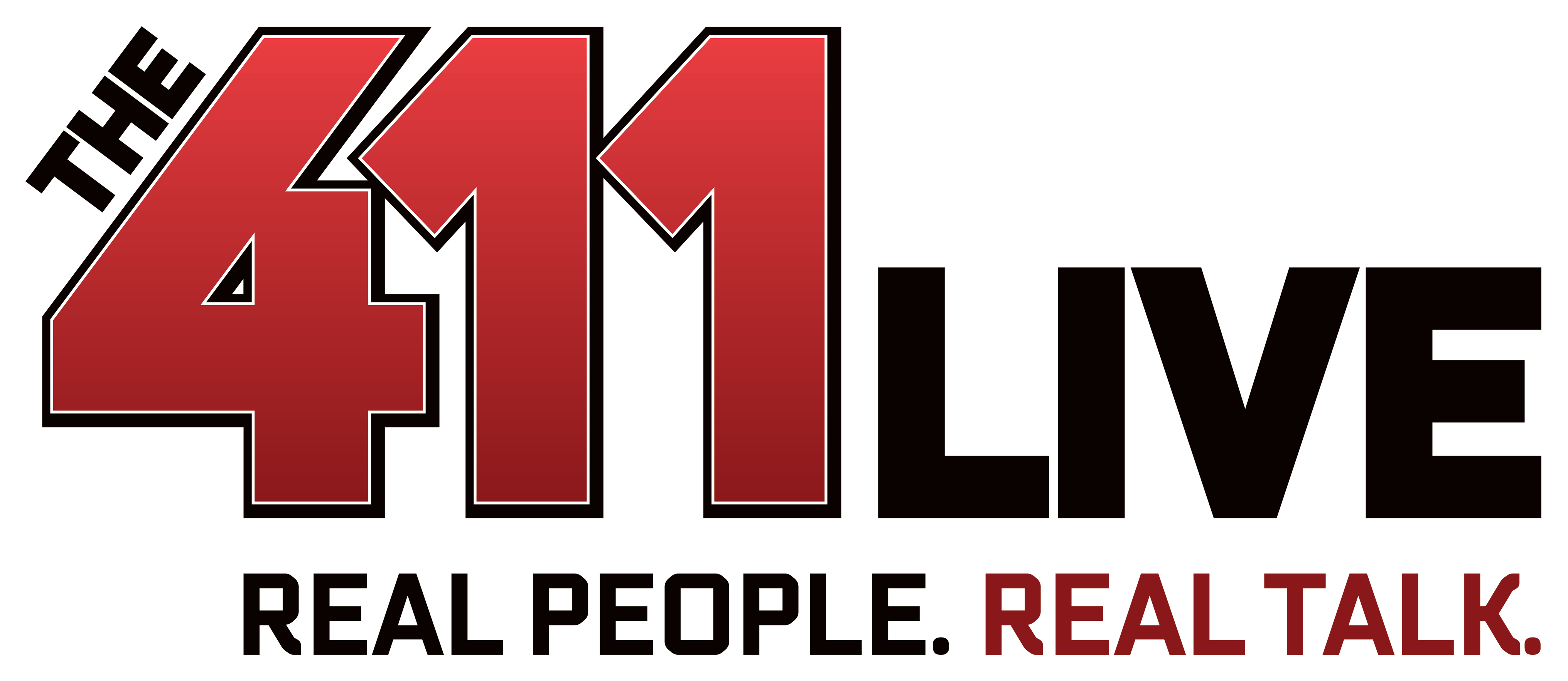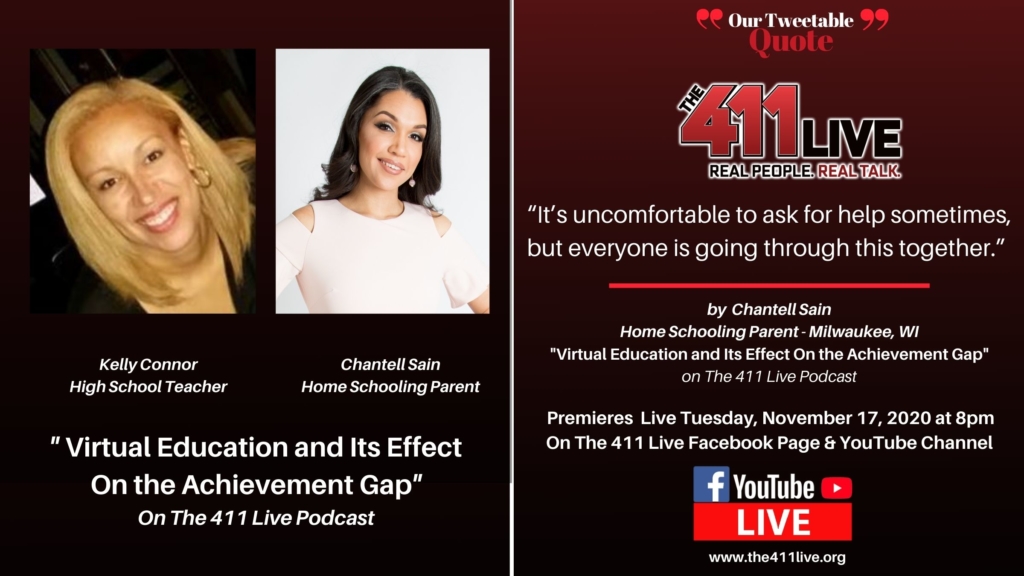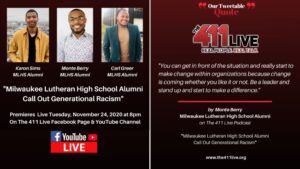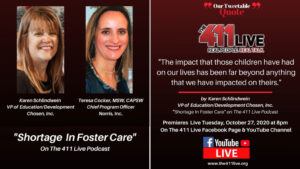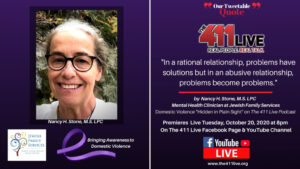By Emma Bonack
Beverly Taylor begins the fourth episode of the 411 Live’s fourth season addressing the effect of COVID on students’ lives. She invites Kelly Connor, a teacher, and Chantell Sain, a parent, who have found themselves in the middle of the shifting education system.
Student Life from Teacher’s Perspective
Kelly Connor, a Dallas, Texas high school teacher with a B.S. in sociology, an M.S. in Administrative Science, and an EdS in Educational Leadership, is in the middle of a ‘hybrid’ school year, meaning half of the schooling is in person and half is online. She is quick to share that despite a summer to prepare for COVID schooling, it had been a very challenging year to give her students an education on par to pre COVID. One of the biggest obstacles was an internet connection. “I’m in the Southern sector of Dallas, and we don’t have as many cell towers as you would on the other side of town.” She goes on to share the second biggest obstacle of the COVID year. “As the pandemic continued, a lot of our students had to get jobs to help their families. So we lost some of the students that way.” Distance learning not only makes it hard to keep in touch with students but it also takes the personal touch away. Group activities are twice as difficult with some students in class with partners working from home. Kelly has two types of students – more so with losing staff and moving teachers around – advanced and comprehensive. She has a lot of virtual contact with her collegiate students but has less contact with her comprehensive students. Her relationship with these students is not as developed as in previous years because she hasn’t seen a lot of her students this year. “This has been devastating for me because I can’t build those relationships.” Those relationships are a key component in the amount of support and supplemental aid for her students. “I have students that have said, ‘Ms. Connor, this is just so overwhelming. I don’t know how to keep up.’” There used to be school activities and after-school tutoring and none of that is available anymore.
Student Life from Parent’s Perspective
Chantell Sain had an advantage over other parents’ when COVID shifted the schooling system. As a homeschooling parent of four, the COVID season brought a lot of parents to her doorstep with questions like, “What do I do with my kids? How do I make this a better environment for my child? How do I schedule my time when I still have to work and school my kid at the same time?” With a lot of students learning online, parents have needed to step up in their homes to assist the online schooling fit to their children’s learning needs. Younger kids especially need more hands-on assistance. Some schools offer the opportunity of schooling kids during the evening, but Chantell expresses what a difficult spot virtual schooling has put parents in. “I chose my experience. But a lot of parents were forced into the situation.”
Kelly interjected that she would love to see parents help their students to succeed. There are limitations for parents, especially that are working. Chantell has had a lot of parents come to her for advice about the virtual situation. Among the advice, Chantell gives inquiring parents is for parents to ask for help if they need help. That could mean asking an employer for flexible hours or asking the family to step in and help with the children. Chantell reassures, “It’s uncomfortable to ask for help sometimes, but everyone is going through this together.”
Preventing the Achievement Gap
Beverly Taylor brings up the achievement gap between black and white students in Wisconsin. “I just wonder what is going to happen with this achievement gap because kids who are not in school all the time and that relationship you were talking about with the teacher?”
Chantell highlights that this is an opportunity for parents to step up. She says parents are reluctant to be their kid’s teacher. “You are a parent, but as a parent, this is your opportunity to actually create an environment where you and your child can come together and bond in a different way.” She points out that there is really only so many teachers can do in this virtual setting.
